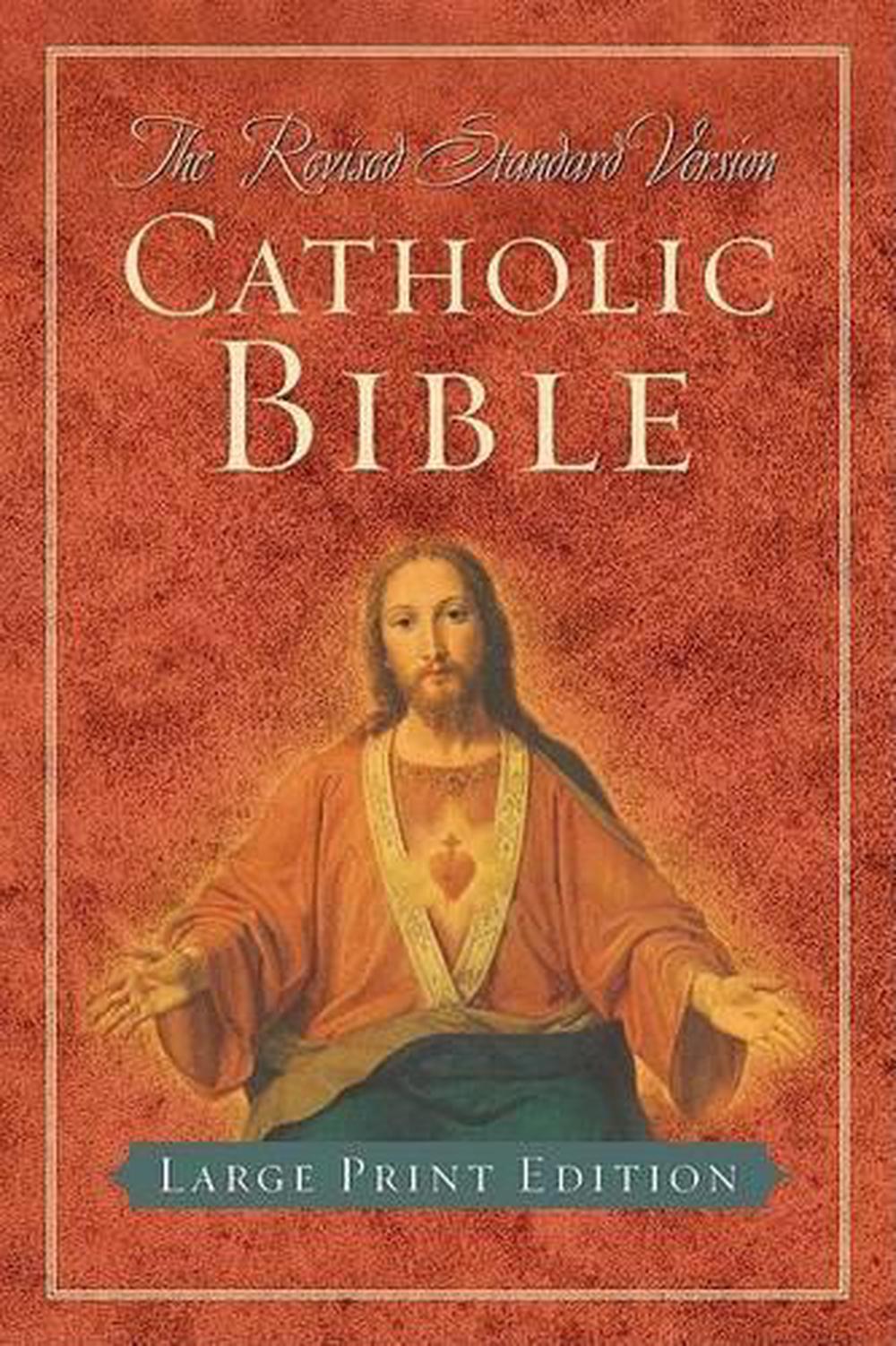

As such, its emphasis is on a word-for-word correspondence, at the same time taking full account of differences in grammar, syntax, and idiom between current literary English and the original languages. Jesus’ call to humility is important for all of us today, especially those in positions of authority and power.The ESV® Catholic Edition is a translation that seeks as far as possible to reproduce the precise wording of the original text and the personal style of each biblical writer. Jesus is mindful of not letting their selection be interpreted as elevating the disciples above others in the community. Reflecting on the parable alongside a healing story, we find two concurrent approaches to responding to people’s diverse needs: creating spaces that are accessible and give opportunities for all people, yet also recognizing people in need and being ready to offer help and support.Īlso within today’s Gospel, Jesus reiterates a theme that we have encountered over the past few Sundays: “For every one who exalts himself will be humbled, but the one who humbles himself will be exalted.” Jesus once again reveals his interest in building a community of disciples who can live out the Gospel message of love.

By healing the man with dropsy (edema), Jesus recognizes the man’s suffering and addresses it by offering loving assistance and relief. Jesus heals the man on the sabbath, which is sometimes critiqued in the Gospels, although not on this occasion. Just before Jesus shares his parable, he has an encounter with a man with a medical condition that causes fluid retention. The Lectionary shortens Luke 14:1-14 by focusing solely on the banquet. In addition, the Gospel allows us to think about ourselves more thoughtfully, remembering that even those who are considered able-bodied also rely on help and support to thrive. The Gospel calls on us to recognize and appreciate the diversity that exists in our church and world and create space for all people to flourish. Rather, in order to build the kingdom on earth, we should work to create a church and world that is open and accessible to all, recognizing overt and covert ways that people with differences and disabilities have been excluded from full participation in the community of faith. Jesus’ vision of the kingdom of God is instructive and should inspire us to avoid ableism which privileges people who are considered able-bodied. The symbolic dinner in the Gospel represents an open invitation where all are invited. Jesus envisions the kingdom of God as a place for all people. The friends and wealthy people represent those with means and access to resources. These groups, those called “poor, crippled, lame and blind,” symbolically represent all who are unable to repay an invitation to the party. Instead, people who lack financial means, people with physical differences and difficulty walking and people with sight impairment should be invited. Jesus describes people being invited to a banquet, and he says to the Pharisees with whom he meets that when they host an event, they should not invite friends, family and rich neighbors. While the kingdom is not explicitly named in the parable, it is compared to a great dinner.

In the Gospel for the Twenty-second Sunday in Ordinary Time, Jesus reflects on the kingdom of God. What can we do to create a sense of belonging for all people in the church and world? What can you do to better understand, appreciate and include people with diverse needs? How can the church better respond to the diverse needs of the community of faith?


 0 kommentar(er)
0 kommentar(er)
